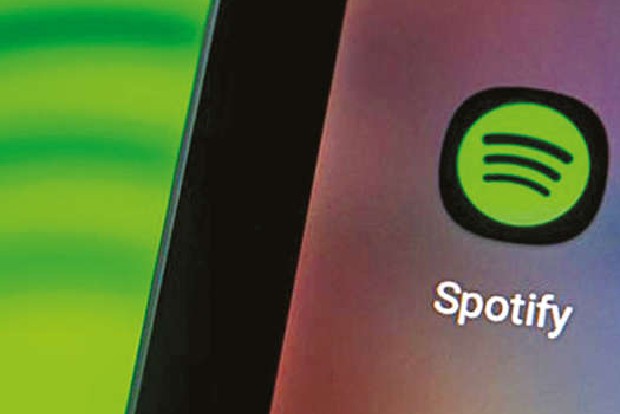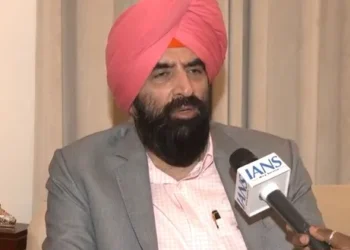Neil Young, Joni Mitchell, India Arie and other musicians have withdrawn most of their music from the Spotify streaming service. It is their right to prevent their music from being played on a platform that also hosts people who deny the existence or threat of the coronavirus.
Joe Rogan, a US entertainer who has been criticised for his stance on the COVID vaccine, is the most listened-to podcaster on Spotify. His anti-vaccination ideology reaches some 11 million listeners worldwide each day. Clearly, that raises the question why this man can spread such things unchecked. The answer is simple: because he can — just like many others. There are almost three million podcasts on Spotify, 70,000 in Germany alone. They usually have several episodes. If you add it all up, that’s an incredible amount of audio content — in addition to music.
Uploading podcasts is easy, anyone can do it. Once you’ve produced a podcast, you can put it on Spotify via an aggregator website. The streaming provider takes virtually everything that comes along without worrying about the content.
Spotify’s guidelines for podcasts are — to say the least — not very strict, they open the platform to everyone, including people who want to spread dangerous nonsense. “Spotify for Podcasters should not be used to distribute songs, DJ mixes, or similar musical content.” Well, if you say so….Not a word about immediately deleting racist, offensive or deliberately misrepresented and harmful content. Other platforms have already taken things a step further.
About eight million people upload content to Spotify but it’s not the musicians’ job to curate the platform’s content. Celebrities make up a comparatively small percentage. Spotify is an important platform for unknown artists. They don’t want to sell anything — the earnings per stream are very small — they want to be heard. Spotify uses an algorithm to compile playlists for every one of its now 180 million subscribers, which also offers lesser-heard songs. That can help unknown bands gain attention. Neil Young’s initiative might put small music acts in a bind: Am I joining the coronavirus deniers by leaving my music on Spotify? Should I take a cue from the stars and exit the popular platform — this really convenient way of promoting my music?
Spotify will feel little pain from the departures of Neil Young and Joni Mitchell, whose listenership makes up only a small portion of the platform’s users. It would be a different story for superstars like Justin Bieber (who has nearly 30 times as many monthly listeners as Joni Mitchell), Adele or Ed Sheeran. Their departure from the platform would be immensely damaging to Spotify, and at the same time to countless young talents. Before that happens and millions of fans move elsewhere along with their idols, Spotify should make sure content doesn’t end up on the platform unfiltered, turning it into a playground for nutcases and wackos. Even if that were to trigger demands for freedom of expression — neither Facebook, nor Twitter, nor Instagram allow people to post whatever they want, and YouTube also takes a very close look at what is uploaded. Spotify, too, has the option of using artificial intelligence to check content before it is published by specifically scanning for sensitive words. That would be the music streaming service’s most important task. Fun fact: Neil Young is offering a free four-month Amazon Music subscription. Apple Music has a new playlist called “We love Neil,” and Deezer is offering a “100% Neil Young” playlist. But who knows what else you’ll hear there? They all offer podcasts.























